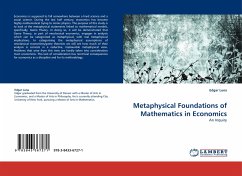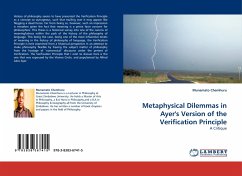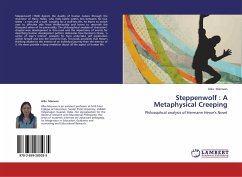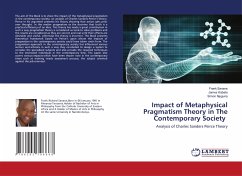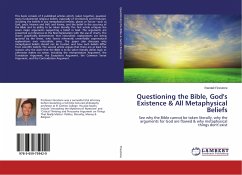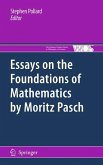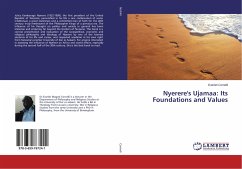Economics is supposed to fall somewhere between a hard science and a social science. During the last half century, economics has become highly mathematical trying to mimic physics. The purpose of this study is to look at the metaphysical statements linked to mathematical models, specifically, Game Theory. In doing so, it will be demonstrated that Game Theory, as part of neoclassical economics, engages in analysis which can be categorized as metaphysical, with real metaphysical implications. In categorizing the metaphysical assumptions of neoclassical economists/game theorists we will see how much of their analysis is consists in a reductive, implausible metaphysical view. Problems that arise from this view are hardly taken into consideration most economists. This lack of consideration has nontrivial consequences for economics as a discipline and for its methodology.

